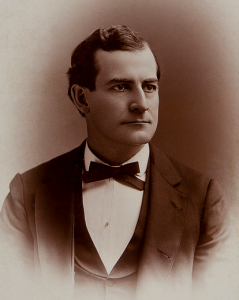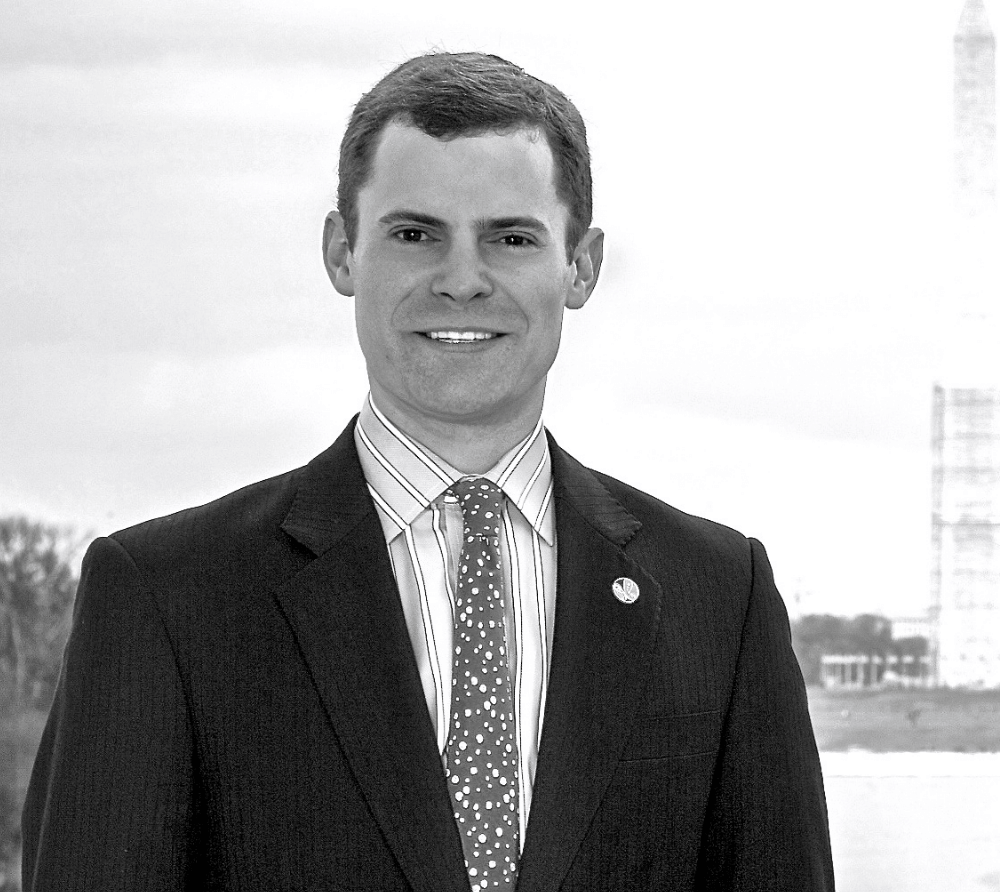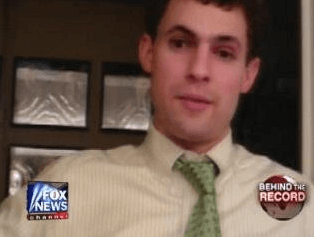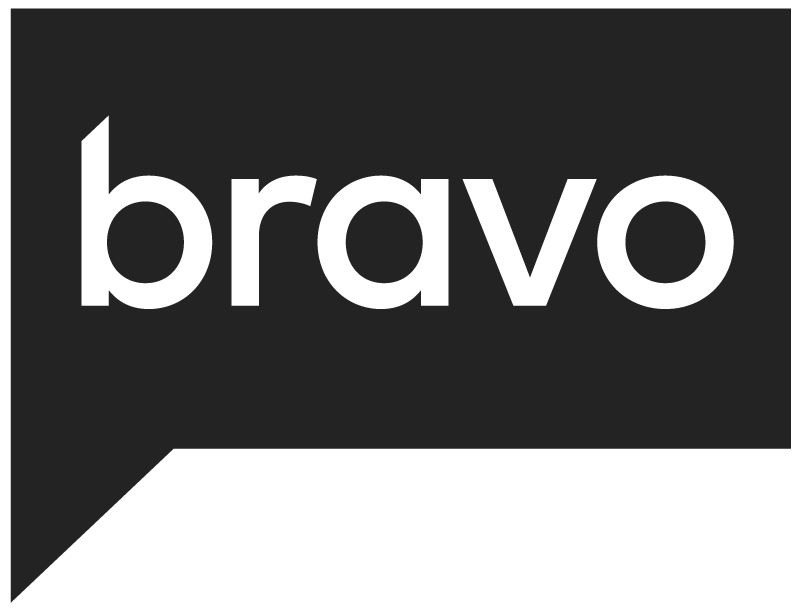Anti-Muslim Beliefs in Greece
According to Greek police, unknown attackers have placed a severed pig’s head outside of an Islamic studies center in Athens, as well as anti-Muslim slogans. So far, nobody has been arrested for the attack. The attackers sprayed an obscene slogan against Islam on the sidewalk outside the building, put a Christian cross on the door and threw paint at the walls.
In recent years, bigotry towards Jews and Muslims in Greece has increased significantly, thanks in large part to the fast rise of Golden Dawn, a Nazi-inspired far-right party. The Golden Dawn first entered Parliament in 2012, but all of its lawmakers are currently facing trial for running a criminal organization that uses violence to spread its beliefs and impose them upon others. Not surprisingly, the rise of the Golden Dawn has coincided with a worsening Greek economy; it’s a known fact that a poor economic situation breeds a rise in extremist beliefs.
Earlier this year, there were a string of anti-semitic incidents throughout Europe, as far right politicians achieved victories in the Parliamentary elections. Many Europeans used the violence on the Gaza Strip to express their latent anti-semitism, and Jewish-owned businesses and synagogues were targeted by extremists. Now, ISIS’ attacks in the Middle East have given rise to Islamophobia amongst Europeans.
Greeks and Muslims have had a long, tempestuous relationship with each other dating back over 1,000 years. Throughout the Middle Ages, the Greek Byzantine Empire fought back Muslim invaders from Turkey, which ended with the Islamic Ottoman Empire conquering Greece. From the 15th to 19th century, Greece was under Ottoman rule, which only ended after a bloody Greek war for independence. Because of this, there has been an inherent dislike among Greeks of Muslims in general, which has only been exacerbated by an influx of Islamic immigrants.
Is 40 the New 50 in Politics?
Once upon a happier time, in the world of politics, 50 percent was considered a respectable approval rating and anything below that was a reason to lose sleep over for a politician before Election Day. Now mid-40s or even low-40s get elected, without so much as a breaking a sweat at the numbers.

When William Jennings Bryan first tried to run for President when in his 30s, many were reluctant to vote for him due to his young age. Now, however, politicians even younger than Bryan are out winning elections.
I recently came across an article on Politico, where the author draws attention to a change in political trend that is intriguing for the indifferent and worrisome for the interested. Last week’s election stands testimonial to this change in politics, with election and reelection of quite a few in their 40s. This shows a reflection on the voters’ distaste towards both the parties and an indication of a ‘picking lesser of the two evils’ mentality. When public opinion of an elected candidate is low, it shows a general mistrust towards both Congress and the entire political system of the nation.
According to both Democratic and Republican pollsters, the approval rating benchmark has slowly been eroding over the past few election cycles. In the past, election of a weak approval rating candidate was not entirely unheard of, but this culture of basing decisions on the net negative was not quite prevalent. The voters no longer write off a candidate for reaching the negative and may go on to vote for the candidate who is up against another candidate similarly floating comfortably in the higher negatives. Slowly but surely, approval ratings are losing their reliability as a candidate’s electability indicator.
Huge campaign spendings are overshadowing general public opinion, and the elections are increasingly geared towards hyper-partisanship with this year’s election more anti-Democrat, not unlike 2012’s anti-incumbent campaign where President Obama went on to win despite approval ratings below 50 percent. Last week’s election saw barely any winner who had an approval rating of 50 or above, be it Democrat or Republican.
A decade ago, almost all the candidates would be dissuaded from expecting a win by their strategists looking at numbers less than the magic 50. General public anger and increasing cynicism towards the government means the magic number is getting harder to achieve with each election cycle, even in relatively safe districts.
The issue doesn’t necessarily lie only with the public opinion that neither party really has any lasting solution to the nation’s problems but also with the campaign strategy employed by the parties. The electoral campaigns are now more focused on spreading the word that the other party is worst thing the public could choose rather than telling the public why they are the ideal choice. In a campaign system based on the principle of finger pointing, it is no surprise that the public leans towards the candidate with the lesser negative rather than the one with more positives. The 50 percent approval rating is not unattainable perhaps, with the right campaign approach but then again when the formula of not being ‘as bad as your opponent’ seems to work, the trend is likely to be around until the public collectively has a strong idea of what exactly they want and settle for nothing less.
About Nelson Lewis
An exposure to politics at a young age had a profound effect on media maven Nelson Lewis, who worked as a volunteer for numerous Republican politicians in and around his native Savannah. Nelson worked as a reporter and eventually anchor at two Savannah television stations growing up, WJCL ABC-22 and WTGS FOX-28, also recording voice teasers for airing on Fridays on WJCL-FM KIX 96 and previewing his upcoming stories, which aired on the Sunday evening news.
One of Nelson’s favorite experiences at WJCL was reporting live from the St. Patrick’s Day Parade (America’s second largest) from 1998-2000. Continuing in the spirit of his grandfather’s pioneering and trailblazing footsteps (he was the first to bring all-color television and stereo to the Savannah market), Nelson became the first person in Savannah market to bring a kid’s perspective to local news as its first youth reporter. In fact, one of the competing stations, WSAV NBC-3 hired their own youth reporter, Sean Champion, 18 months after Nelson began his reports and WJCL/TGS’s ratings dramatically increased.

Work In Political Media
While a sophomore and junior at Lynn University, Nelson Lewis hosted “Politijam”, a lively political debate show that became well known across the university campus and served as the media editor of the univeristy’s weekly EPulse newspaper. While at Lynn, Nelson was selected to represent the entire undergraduate student population as a member of Lynn University’s Academic Task Force, charged with the duty of streamlining the core curriculum of the universities.
While attending Lynn’s College of International Communication, Nelson developed a friendship with Irving R. Levine, a well-known and nationally recognized correspondent for NBC News who became the network’s first full time economics correspondent, and was the creator of the precursor to CNBC. After a 45-year career in journalism, Levine went on to become Dean of Lynn’s communication program. After finishing college, Nelson Lewis followed Levine’s suggestion and moved to Washington, DC where his first job was as a press intern for a Republican congressman, which then led to a job booking at the Fox News Channel from 2006-2010. Here, he was able to put his love of politics and interest in the Republican Party to good use.
Upon the suggestion of Mr. Levine, Nelson Lewis enrolled in the Masters of Professional Studies in Journalism (International Politics) program at Georgetown University in 2009, where a special emphasis was placed on the dissolution of America’s Fairness Doctrine and on the major player in its demise, Bruce Fein.
Nelson was honored to be invited to speak at a roast honoring Levine’s 2009 death at the National Press Club, where he spoke alongside Levine family members and contemporaries such as former Meet the Press Moderator Marvin Kalb. He subsequently wrote a letter to the editor published in The Hill newspaper eulogizing Levine as a “top-notch raconteur” who many others have tried to emulate.
From his work at Fox News, Nelson Lewis was able to take a firsthand role in the DC journalism scene, and was blessed with the opportunity of meeting entertainment, political, and academic luminaries on a daily basis, including numerous sitting and former representatives, senators, governors and cabinet secretaries. These unique experiences gave Nelson a front row seat to many historic events and gave him a firsthand experience of how the Washington system works, from how laws are created to how news is made.

Through Nelson Lewis’ work creating Her Golf Network, coupled with his extensive booking experiences in segment producing gained at America’s highest rated cable news channel and through his time performing key internships at places such as WPBT’s Nightly Business Report in Miami, where he honed his scriptwriting skills, and at WTOC in Savannah, where he provided copyediting and on-site production assistance at the 2004 Sea Island G-8 summit, have provided him with a solid foundation and understanding of the news business. His time as a reporter/anchor growing up prior to his undergraduate studies helped him get an early start at doing what he loves most, reporting.




















